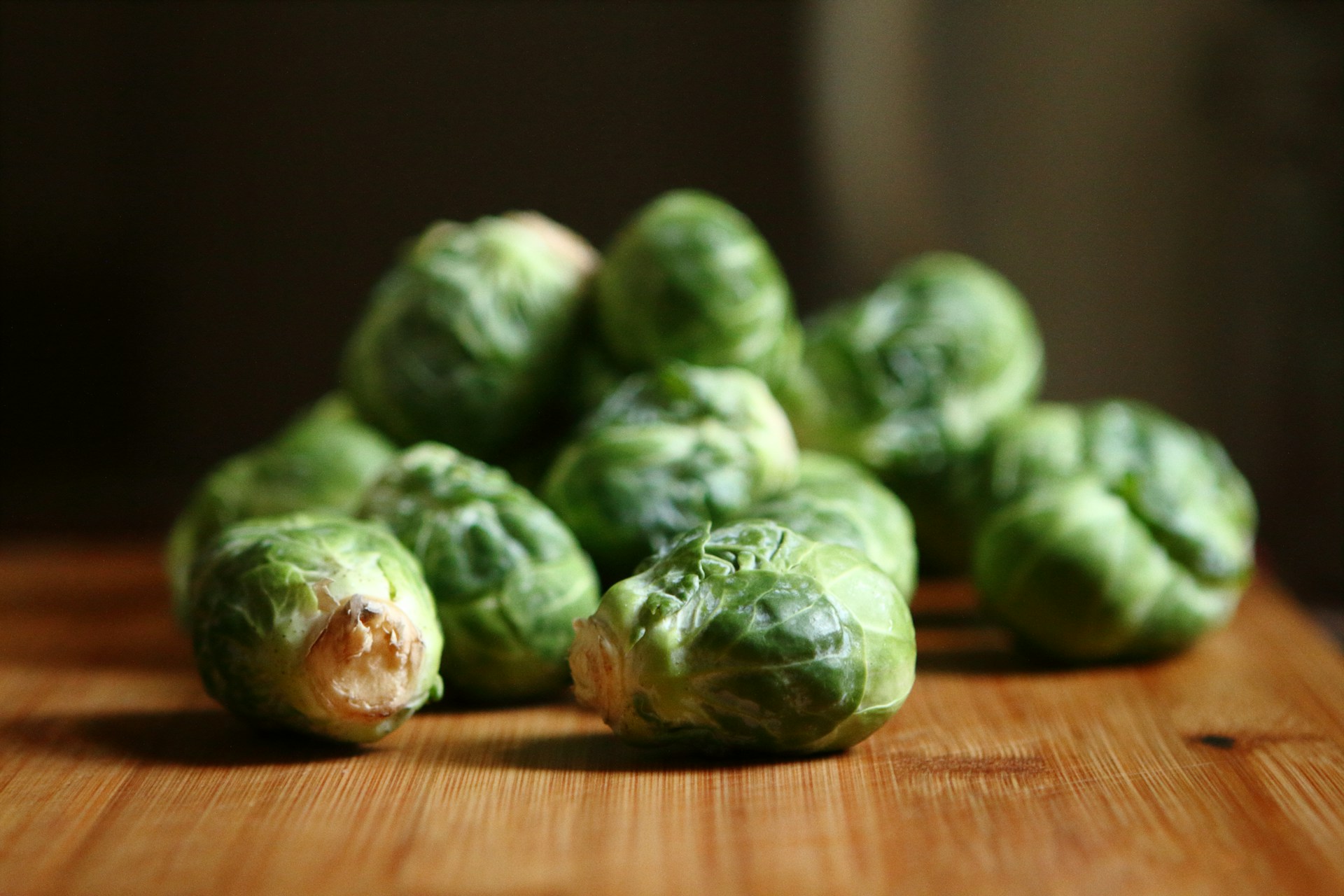For the past forty-five minutes, Gretchen has been on the phone, listening to her ex-husband say his life is ruined. Apparently Matthew’s wife Danielle wants a divorce. Gretchen has been saying “I’m sorry,” and “That sucks,” and generally performing sympathy.
Matthew’s a little drunk. His words have lost their shape, like softened butter. So Gretchen says, “Can I ask you something?”
“Sure.”
“When we were married, were you involved with Danielle?”
“Yes,” he says.
“When did it start?” Gretchen keeps her voice calm, like she’s coaxing a nervous cat from a hiding place.
Matthew says, “You know my memory is awful, so I can’t tell you exactly when. But I know I was still working at Chase.”
But that was more than a year before Gretchen cheated on him, more than a year before they separated.
Matthew says, “Are you upset?”
It’s less a feeling than a sensation, like she’s a boat rocked by the wake of a larger vessel. Half an hour ago, when Matthew told her that Danielle had fallen in love with someone she’d met at church, he said what he minded most was that Danielle had lied. Gretchen said, “All cheaters lie.” Because they do. Because she did. Still, it’s a shock to learn, sixteen years later, that Matthew had also lied, repeatedly, to her.
“I have a colleague who has nowhere to go on Thanksgiving. Is it okay if we invite her?” That’s what Matthew had asked her, a little over sixteen years ago—something like that. Gretchen can’t remember his exact words. What she can remember is something strange about Matthew’s face. Something furtive. And some intuition she’d had, which dissolved before completely forming. Like those epiphanies you have when you’re stoned: they coalesce, they pop.
“Of course! Thanksgiving is for strays,” Gretchen had said. Brightly. And smiled brightly at Danielle too when she’d showed up, with her bottle of Beaujolais and saran-wrapped bowl of cranberry sauce. Cranberry sauce, the easiest thing to make, Gretchen remembered thinking, and then feeling badly for having, on Thanksgiving of all days, such petty thoughts.
Now, she says, “You let me believe that splitting up was all my fault.”
“I never said it was your fault!” Matthew says. Which is technically true: he’d looked her sorrowfully in the eye and said, “We are both responsible.” But he knows perfectly well how she understood that statement. She thought he was being magnanimous, and so did all their friends.
“I have to make dinner,” she tells him.
He says, “Okay. Thanks for talking. Please don’t be upset.”
Gretchen plugs her phone into its charger. She pre-heats the oven to 425, pulls out the cutting board and olive oil, and rinses Brussels sprouts.
Why feel upset? This is all old news. Or new news about old news. Besides, some part of her knew and has always known, which is why she posed the question, at this juncture when Matthew was disoriented enough and drunk enough to tell the truth.
She thinks of the ending of Back to the Future, where Marty’s dad is suddenly cool and fashionable, because Marty’s time traveling has improved the course of the past, so the teenage version of his father, McFly, stood up to the bully instead of capitulating to him. Gretchen wonders what version of herself would now be chopping Brussels sprouts in half, if she hadn’t carried this burden for sixteen years, feeling like she alone was responsible for the failure of her marriage. Believing it was all her fucking up her life, cheating on her ex-husband, who defended her to everyone, which of course only made her look worse, who was very sad but graciously let her go, and who had always been so understanding. As if one correction is all it takes to change the course of a life.
